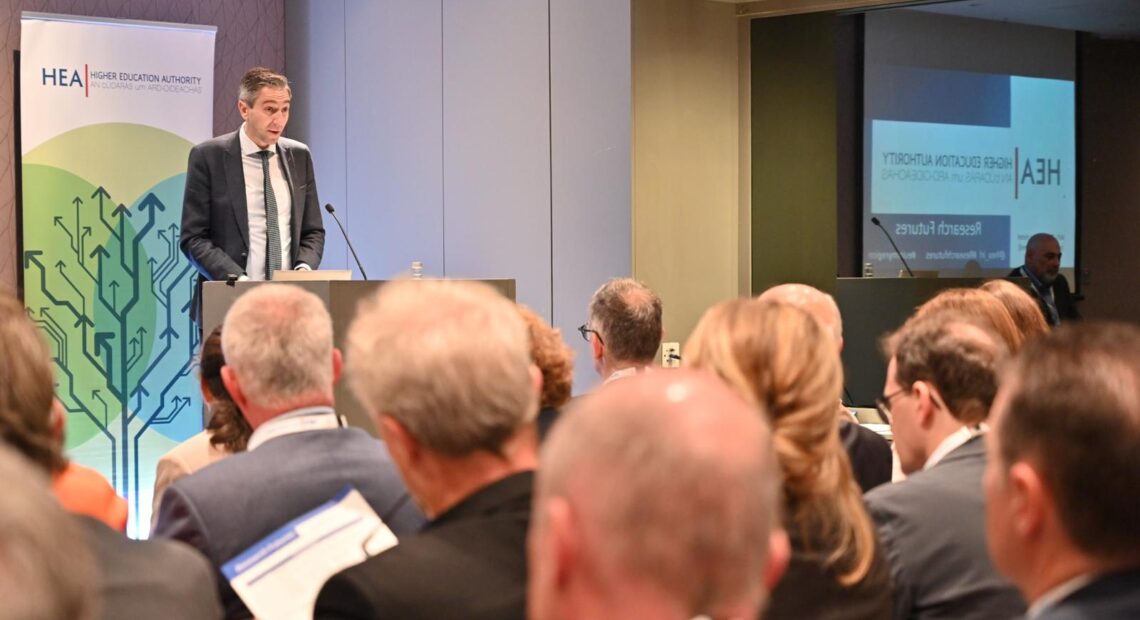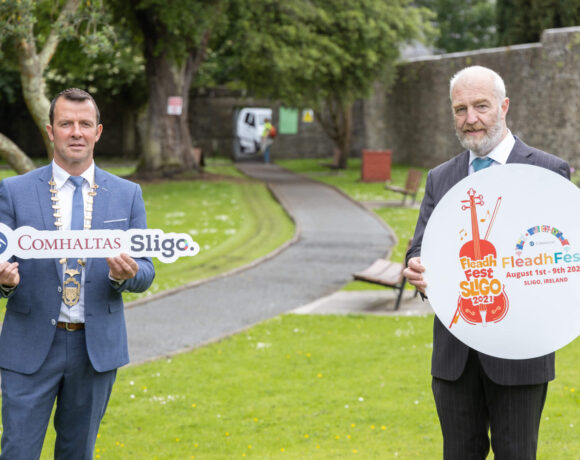Minister for Further & Higher Education, Research, Innovation and Science Simon Harris TD has launched an €83.68 million TU Research and Innovation Supporting Enterprise (TU RISE) Fund.
The scheme is co-funded by the Government of Ireland and the European Union through the European Regional Development Fund.
The TU RISE scheme will support research capacity building in higher education institutions in the technological sector, with a focus on institutions enhancing engagement with enterprises in their regions.
Minister Harris said, “this is a really important investment in our Technological Universities and in cementing the links between education and enterprise. This funding will ensure there is greater and more structured engagement with regional enterprises, in particular, small and medium enterprises (SMEs).”
“This new fund builds further on the significant support already being provided by Government for the establishment and continuing development of our new technological universities. RISE will focus on the research capacity building element which is so fundamental to the TUs and with a focus on enhancing engagement with regional enterprises.”
The purpose of the TU RISE scheme is to establish, strengthen, and systemise research and innovation offices in technological universities (TUs) and institutes of technology (IoTs).
The new programme will be administered by the Higher Education Authority and following the launch funding will be allocated by Quarter 4 this year.
The Minister said, “TU RISE is directed at developing researcher human capital in the TUs, including staff development, recruitment, postgraduate training and supervision, networking, and collaborative knowledge-transfer and mobility schemes.”
“It will bolster regional entrepreneurship through investment in the TUs, leveraging the role of these higher education institutions as anchors for enterprise and for regional growth in line with the tenets of the 2019 TURN report and the ambitions of the TU national agenda. TU RISE is in my view a hugely significant programme that will produce real benefits for the TUs, their staff, students and stakeholders and for our regions more generally.”
The call is now open and the closing date for application is 14 September 2023, with projects expected to commence in 2024.
CEO of the Higher Education Authority Dr Alan Wall welcomed the partnership of the Government of Ireland and the European Union to support the development of the technological sector, “the TU RISE scheme underlines the importance of the partnership of the Government and the EU in developing Ireland’s higher education and research system. The co-funding provided by the European Regional Development Fund for TU RISE complements investment in landscape reform through the Technological University Transformation Fund (TUTF) and N-TUTORR programme, funded by the National Recovery and Resilience Plan.”
“The HEA is committed to the development and enhancement of research across higher education institutions. Through TU RISE, institutions in the technological sector have the opportunity to develop the structures to enable increased engagement with enterprise and accelerate research and innovation capability. Research fields will be extended and greater capacity will be developed within institutions to serve national and regional strategic objectives.”
Through the TU RISE scheme, funding of €63.68m is available under the Southern, Eastern and Midland Regional Programme, and funding of €20 million is available under the Northern and Western Regional Programme.
Institutional eligibility to apply for these programmes is as follows:
Southern, Eastern and Midland Regional Programme (€63m):
- Munster Technological University (Southern Region)
- Technological University of the Shannon: Midlands Midwest (Eastern and Midland Region, Southern Region)
- South East Technological University (Southern Region)
- Technological University Dublin (Eastern and Midland Region)
- Dundalk Institute of Technology (Eastern and Midland Region)
- Dún Laoghaire Institute of Art, Design and Technology (Eastern and Midland Region)
Northern and Western Regional Programme (€20M):
Proposals for funding under TU RISE will encompasses initiatives to establish and strengthen research and innovation offices and increase researcher human capital.
The closing date for application is 14 September 2023, with projects expected to commence in 2024.













